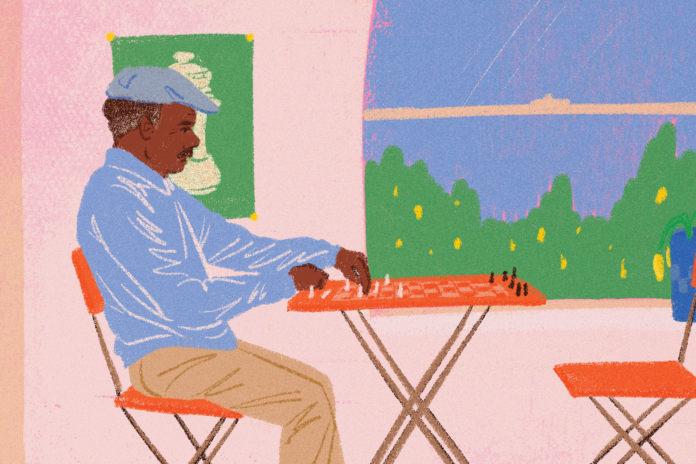Studies have shown that in geriatric populations specifically, those reporting higher levels of loneliness were also less likely to use telehealth for medical care
By KATIE HELLMAN — science@theaggie.org
Social isolation and loneliness for prolonged periods of time are linked to health issues like heart disease, stroke and type 2 diabetes.
The Center for Disease Control and Prevention found that one in three adults in the United States aged 45 and older struggle with loneliness, and investing time in personal relationships can increase overall health.
“When you feel like you belong and have the support and care you need, as well as the number, quality, and diversity of relationships you want — this is what’s known as social connectedness,” their website reads. “People with meaningful social connections have less stress and better sleep, better overall health that can lead to a longer life, healthier habits and behaviors, and better quality of life and a sense of belonging.”
Last year, U.S. Surgeon General Vivek Murthy raised concerns about the “loneliness epidemic.”
“Our epidemic of loneliness and isolation has been an underappreciated public health crisis that has harmed individual and societal health,” Murthy said. “Our relationships are a source of healing and well-being hiding in plain sight — one that can help us live healthier, more fulfilled, and more productive lives.”
The COVID-19 pandemic dramatically increased social isolation around the world and also caused an increase in telehealth appointments, or online doctor visits. For instance, a UC Davis Health study in the Journal of the American Geriatrics Society found that telehealth usage increased from 6% to 24% during the pandemic.
“Telehealth is both acceptable to older adults and associated with improvements in healthcare quality,” the study reads. “We found that socially isolated older adults were less likely to use telehealth during the first wave of the pandemic. This is concerning, as limited access to care may compound risk for poor health outcomes in an already at-risk group.”
Rebecca Howe, lead author of the study, used the Berkman-Syme Social Network Index — a questionnaire designed to assess a study participant’s social network — to see how isolation affected telehealth use during the pandemic. The survey asked the respondents how often they felt lonely.
“We found that [the] people who were [the] most socially isolated were less likely to use telehealth,” Howe said in an interview with UC Davis Health. “And that’s a big problem, right? Because these are the folks who don’t have caregivers and maybe live alone.”
As healthcare continues to evolve, more attention is being paid to the mental health needs of patients and the resources that might benefit them. In older adults specifically, there is a focus on increasing quality of life by addressing the four Ms: mobility, mentation, medication and what matters.
Written by: Katie Hellman — science@theaggie.org









